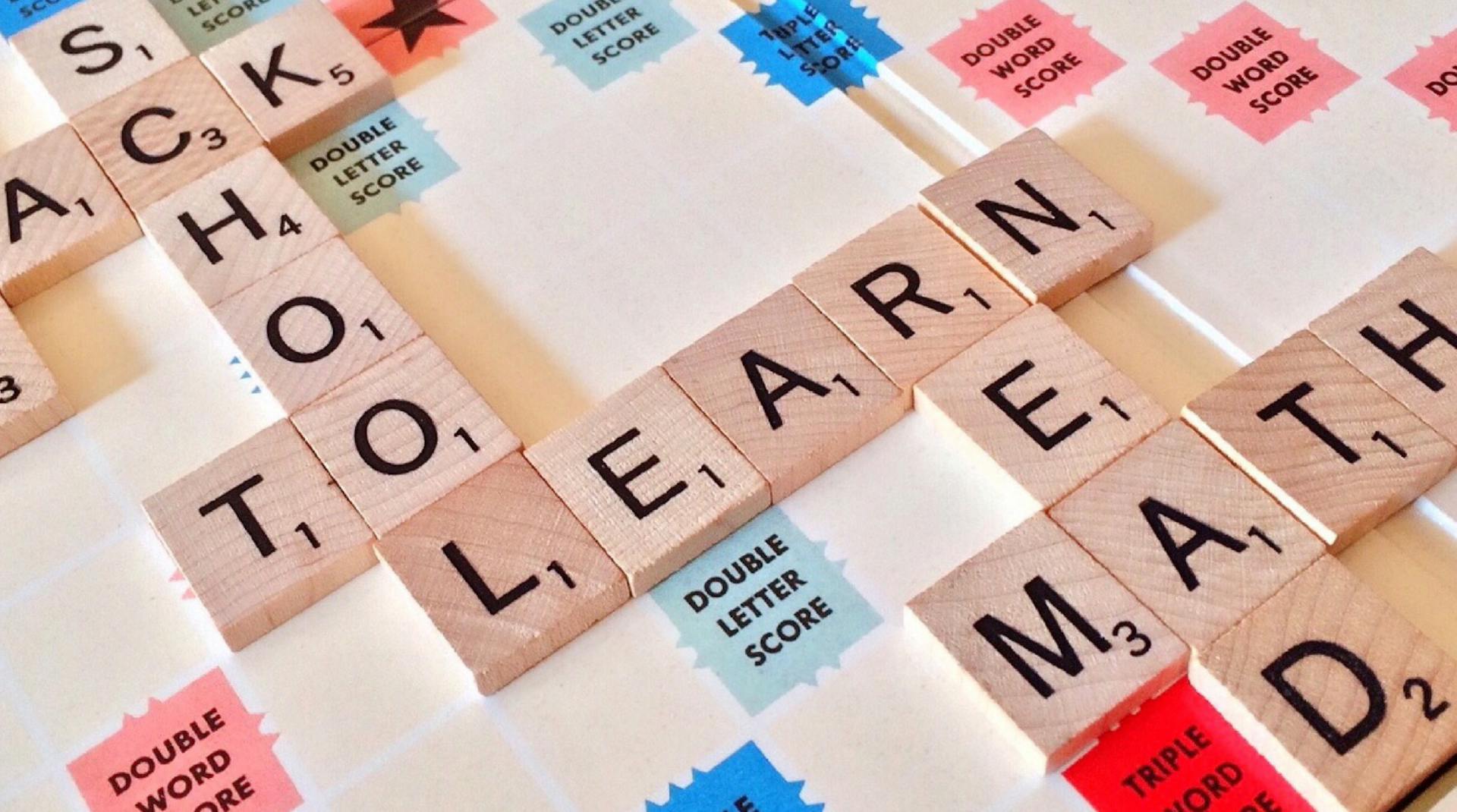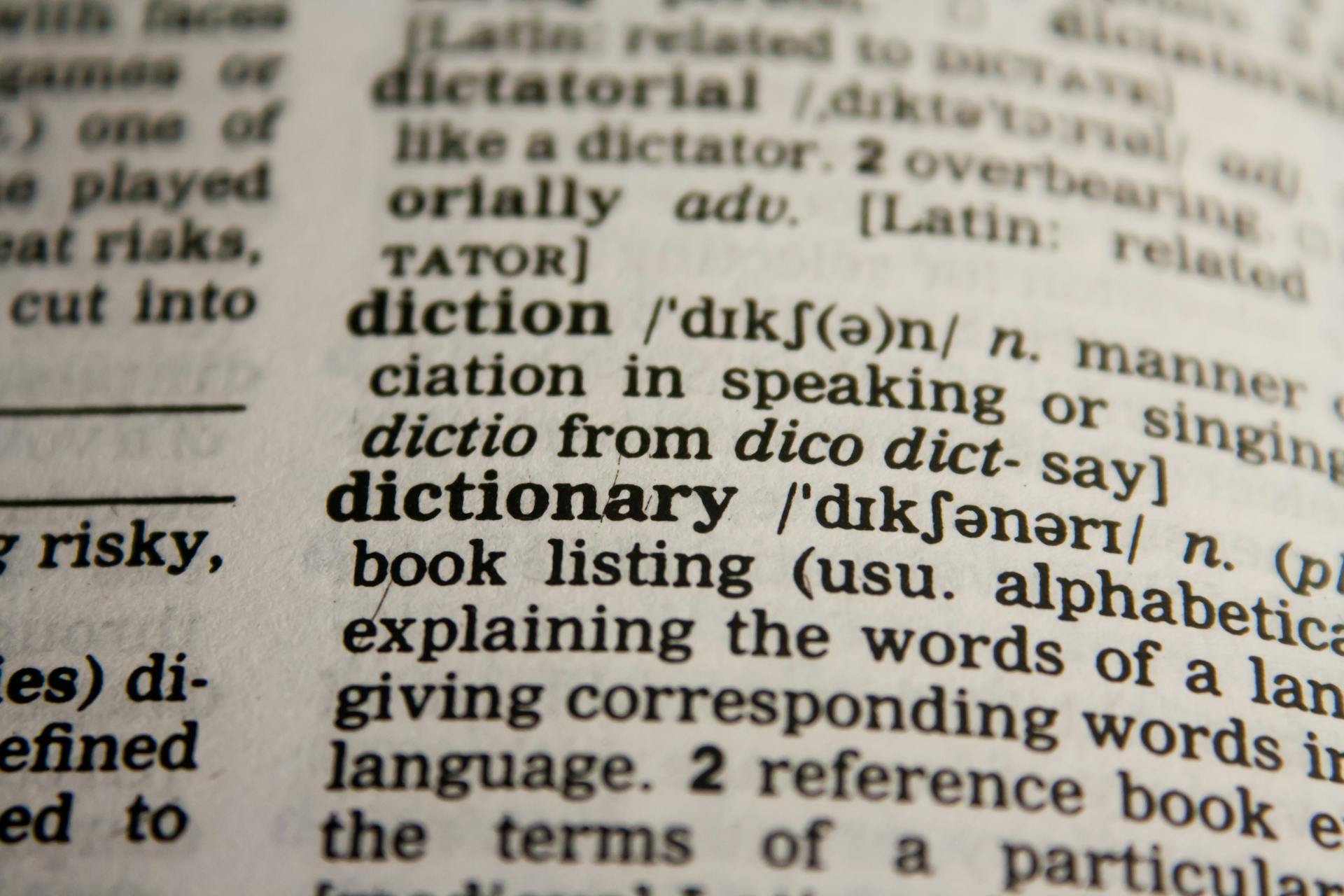
Are you ready to sound super casual in English conversations? Then look no further than BuzzFeed! With their amusing posts, you can discover English slang while having fun. In this article, we'll explore 21 fun slang words that you've got to know if you want to impress your friends and colleagues.
Learning English slang with BuzzFeed couldn't be easier. Their articles are not only informative but also entertaining. Let's shoot straight into the first word on our list and see how it can enhance your vocabulary and help you fit in with native speakers. From "lit" to "fam," we've got all the essential slang covered. So, join us as we dive into these hilarious BuzzFeed posts!
Expand your knowledge: More Americans Are Using Slang
Discover English Slang with the Most Amusing BuzzFeed Posts!

Slang is informal words that are often used in casual speech and daily conversations. If you want to learn English slang, there are easy ways to do it. You can read slang words frequently online, especially from BuzzFeed articles that include slang words. These online places offer entertaining articles that cater to a modern audience and allow for slang practice.
Reading BuzzFeed articles is an excellent way to learn English slang, as time flies when you're reading interesting current articles. Non-native English speakers who find their boring English class challenging can benefit from constantly reading BuzzFeed articles because they'll eventually become more familiar with the english-speaking world's popular culture.
BuzzFeed time passes quickly when you're casually reading its latest news gossip, but it also provides an opportunity for non-native speakers to learn English while being entertained. So next time you're looking for something fun and educational to do, why not take some time to browse through Buzzfeed's collection of amusing posts? Who knows, you might even pick up some new slang words in the process!
You might enjoy: Difficult Hard English Words
Unlocking the Mystery of English Slang: A Beginner's Guide

Are you struggling with understanding English slang words and phrases? Don't worry, you're not alone. Many learners find that they can read English well, but when it comes to slang comprehension and understanding, they feel lost. However, there are many ways to improve your knowledge of English slang. Reading Buzzfeed articles, watching videos that explain slang words and phrases, and participating in online quizzes are just a few examples.
While these methods can help you learn some new vocabulary and understand common slang words like "cool" or "awesome", actual practice is essential for mastering English slang. Try chatting online with native speakers who use slang words regularly so that you can get used to hearing them in context. With time and patience, your comprehension of common slang terms will make perfect sense!
Discover the Quirky and Cool American Slang Words & Phrases

American slang words and phrases vary depending on the region you're in. Rural areas versus big cities, West Coast versus East Coast, Midwest versus Deep South - each area has its own unique sets of popular slang words and phrases that you'll hear plenty in casual conversations. Some of these popular phrases have even made their way into formal context, showing how deeply ingrained they are in American culture.
From popular TV shows to everyday conversations, English slang words and American slang phrases have become a part of our daily language. While some may be similar to British slang phrases or crossover phrases, there are also many typical slang American sayings that are completely unique to this side of the pond. Learning English slang today will not only help improve your language skills but will also make you feel like a true American!
Check this out: Language Learning Plateaus
1. American English Slang Descriptors
If you're looking to learn American English slang, there are a ton of descriptors you should know about. From "laid back" to "shady guy," these words and phrases can help you better understand the nuances of everyday conversations in the US.
For example, if someone says "bummer im," they're expressing disappointment or frustration. And if they describe a soccer game as "epic," that means it was really exciting or intense. Similarly, if someone says they're physically fit, that means they're in good shape or exercise regularly. But if they say a romantic comedy movie sucked, that means it was terrible! So whether you're trying to fit in with new friends or just want to understand pop culture references, learning American English slang can be both fun and useful.
2. English Slang for People & Relationships
Are you looking to expand your English vocabulary beyond the basics? One area where slang is often used is when talking about people and relationships. For example, instead of saying "attractive individual," you might hear someone say "hey babe" or "hot stuff." If you have a big crush on someone, you might tell your friends that you're "head over heels" for them. And if two people are in a romantic relationship, they might refer to each other as their "boo" or "bae."
But slang isn't always complimentary. If someone is wearing bad cologne, they might be referred to as a "stink bomb." And if someone loves parties a little too much, they might be called a "party animal." On the other hand, if someone is a lazy person who spends all their time on the couch, they may be referred to as a "couch potato." Overall, learning English slang can help you better understand native speakers and communicate more effectively in everyday situations. So why not give it a try?
3. American English Slang for Actions
In American English slang, there are many interesting phrases used to describe actions. For example, if you want to say that someone can fall asleep quickly, you can use the phrase “hit the hay”. Another common expression is “lighten up”, which means to relax or not take things too seriously.
Some other slang phrases for actions include “screw up” (to make a mistake), “wrap up” (to finish something), and “let’s wrap” (to suggest ending an activity or conversation). If you need to study hard for an exam, you might say that you need to “cram tonight”. Alternatively, if you want to leave abruptly or not show up somewhere, you could say that you’re going to “ditch class tomorrow” or turn in your “homework late”. Lastly, if someone is behaving like a pig or being greedy, they might be called out with the phrase “that’s one pig thing to do”.
4. Miscellaneous American Slang Words
Have you ever heard someone say "I'll sit shotgun" or seen a car with a "coexist" bumper sticker and wondered what it means? Understanding American slang is crucial if you want to master conversational English beyond just textbook listening. Native speakers often use popular American sayings in their daily conversations, and knowing them can help you sound natural and pick up on social cues.
Some other slang words to know include "bad purchase," which means something was not worth the money spent on it, and "phone case," which refers to the protective cover for your phone. To fully immerse yourself in American slang, try watching American music movies or TV shows where characters use everyday language. Don't forget to also practice using these words in your own conversations to truly understand their meaning.
5. Leave a Reply
If you want to learn English slang, Buzzfeed is the perfect place to start. With their funny and relatable content, Buzzfeed has become a go-to source for learning the latest slang and cultural references. But, what do you think? Do you have any favorite slang words or phrases that you’ve learned from Buzzfeed?
Don't forget to leave a comment below and share your thoughts with us! Your email address will not be published. Required fields are marked *
Frequently Asked Questions
How many Americans use slang terms without knowing what they mean?
There is no exact number, but it's safe to say that many Americans use slang terms without knowing their meanings due to cultural influences and societal norms.
What is learn English slang and idioms?
Learn English slang and idioms is a course that teaches non-native speakers the informal language used in everyday conversations. It helps learners understand expressions that might not appear in textbooks or formal settings, making communication with native speakers easier and more natural.
Are BuzzFeed Articles good for slang practice?
BuzzFeed articles can be a good resource for slang practice as they often contain colloquial language and trendy phrases. However, it's important to remember that not all the language used on BuzzFeed may be appropriate or widely used in everyday conversation.
Is it OK to use slang in English?
Yes, it's acceptable to use slang in English, but it depends on the context and your audience. It's important to be mindful of who you're speaking to and the setting you're in.
Why is it important to learn about American slang words?
Learning American slang words is important because it helps you understand and communicate effectively with native speakers, as well as giving you insight into the culture and social behavior of Americans.
Featured Images: pexels.com


